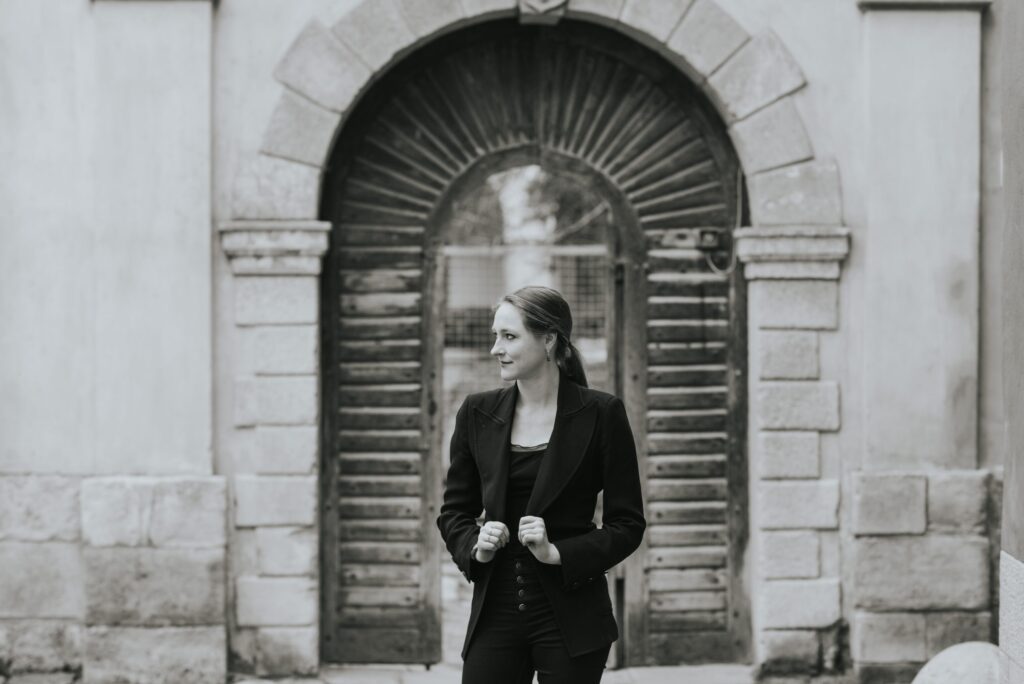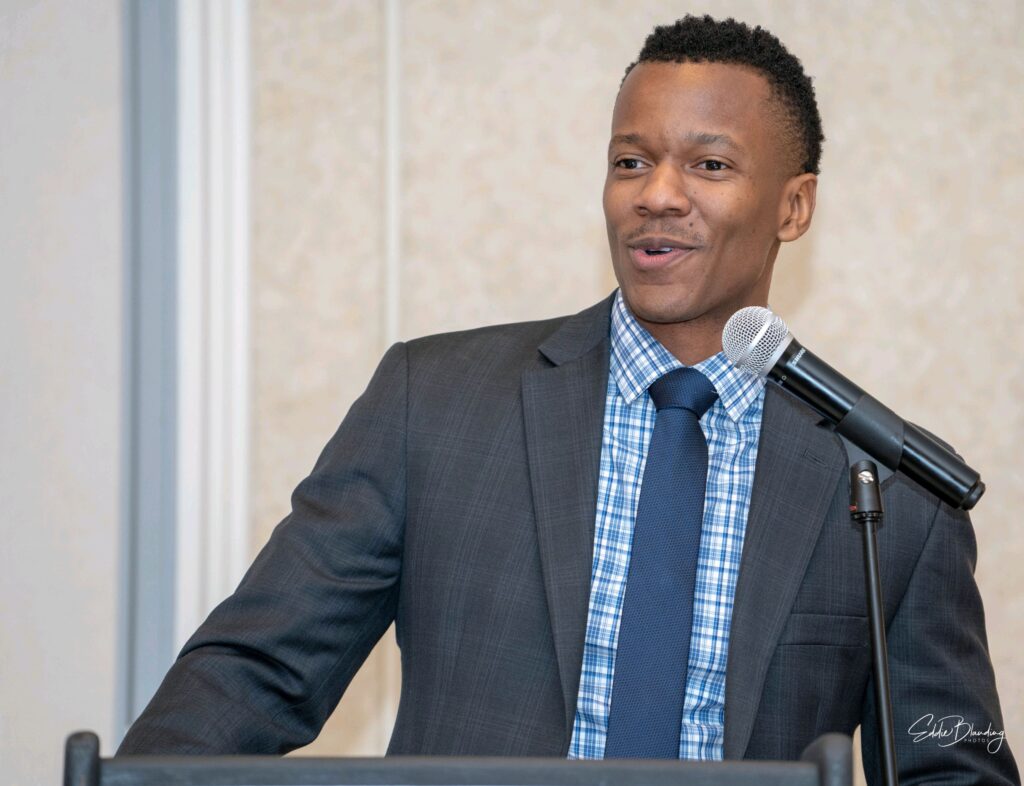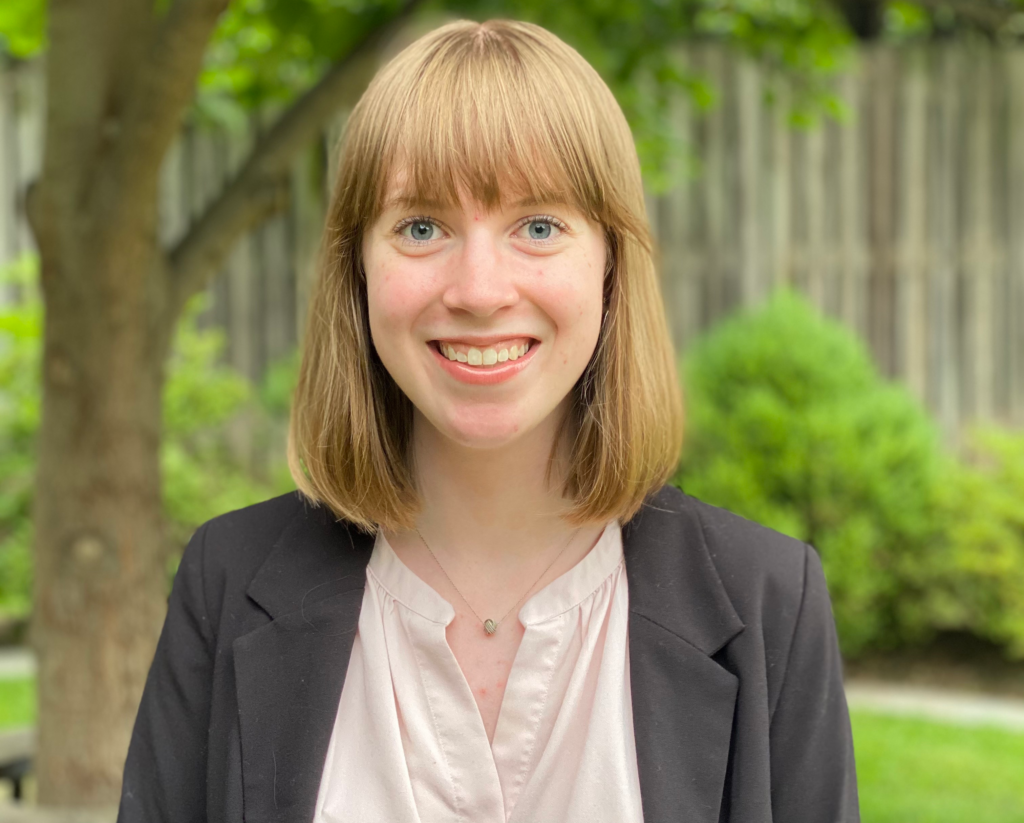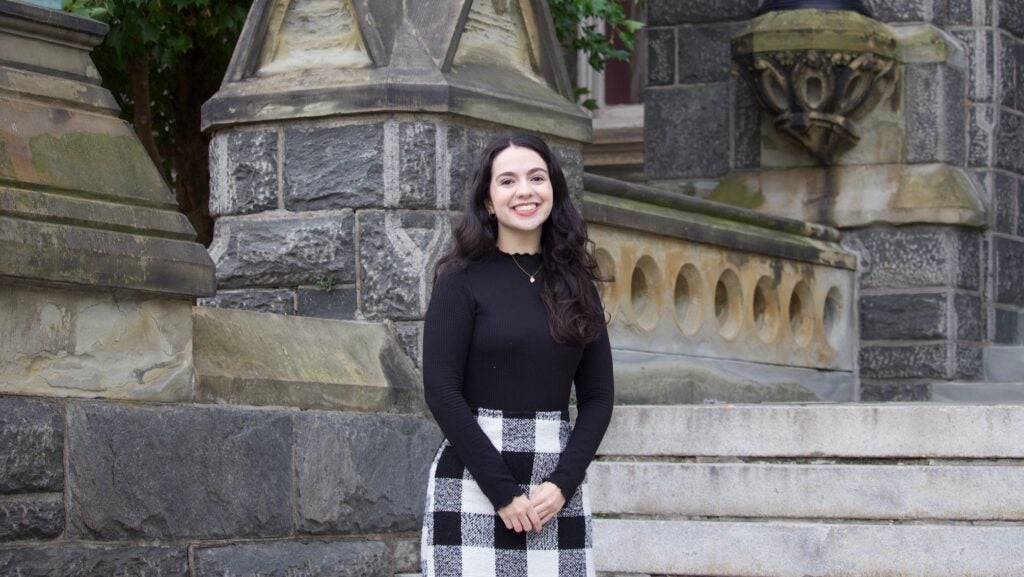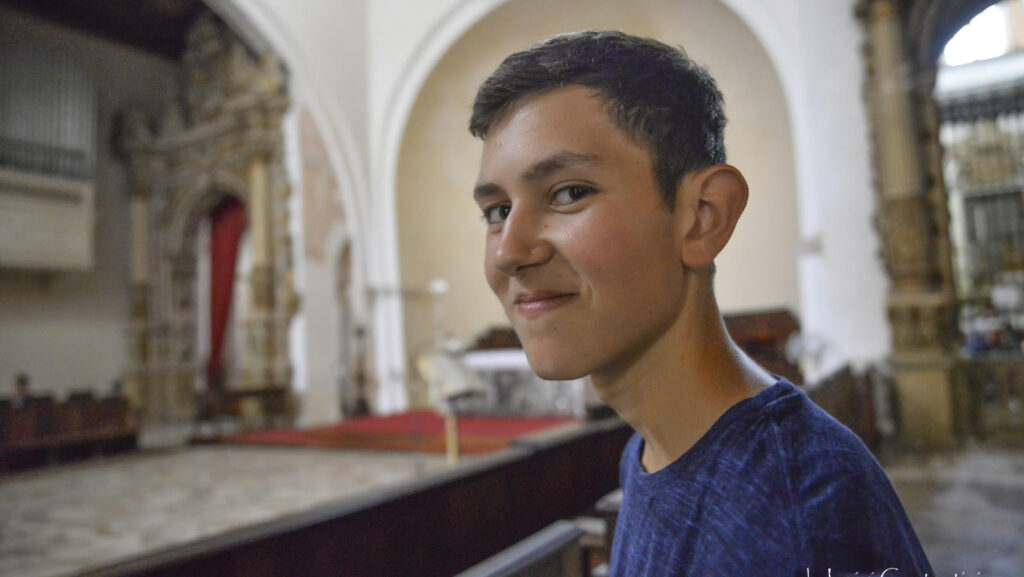
Congratulations, future Hoyas!
Founded in 1789, Georgetown University’s College of Arts & Sciences is the oldest school at Georgetown University. With more than 3,500 students, it is also the university’s largest undergraduate school, and is the cornerstone of the university. The College of Arts & Sciences encourages students to take time to explore and reflect through their studies, a process that will help each student become a well-rounded, balanced, and intuitive person. Professors challenge students to think critically and push them to find answers. This is the hallmark of a liberal arts education and one that will serve them well throughout their life.
Did You Know…
Liberal Arts in the Jesuit Tradition
“Every language has its own natural poetry and I was attracted to how much more richly you can understand the culture, if you start to learn the way that they natively express things,” Hannah von Wiehler (C’15) says. “Georgetown helped me so much in regards to my literature and language skills and I’m glad that I ended up on the nontraditional path to being a conductor that I did. Had I known that I wanted to conduct before starting school, I would have gone to conservatory for classical music training. But I am so glad I didn’t know because I actually think Georgetown gave me an incredible education for being a conductor.”
Read Hannah’s Story Learn More About the Faculty of Language and LinguisticsA Scholarly Community
“In order to achieve racial equity and justice we need innovative, imaginative, and integrated critical thinking, writing, listening, and verbal skills. A liberal arts education at Georgetown, in the spirit of educating the whole person, not only builds, develops, and encourages these skills, but it prioritizes these abilities for students to succeed at Georgetown and beyond.”
Read More About Robert Patterson, Professor of African American Studies Learn More About the Newly Launched Racial Justice InstituteSeminars for First-Year Students: Small Cohorts, Signature Courses
As a first-year student in the College, you have access to a selection of unique courses and academic programs designed exclusively for incoming students. These were created to enhance learning and build your personal academic community.
College Seminars
College Seminars introduce first-year students to a number of College disciplines, outside of the typical “intro” mode, and come in a variety of designs, some comprising multiple courses or modules. These seminars tend to focus on problems, both as issues to investigate and as ways into those disciplines’ distinctive methods of understanding and engaging the world. Whether that problem is truth, culture, knowing, speech, race, or class, the seminar environment and integration of subjects invite deep engagement, connection-making, and disruptive discovery. Such experiences are terrific introductions to the academic culture of the College and can be clarifying moments in the long and personal search for one’s choice of major.
FLL Hager Scholars
The FLL Hager Scholars program is designed with our most ambitious students of languages and linguistics in mind. Over the course of this yearlong program, Hager Scholars complete coursework in their major, as well as courses that fulfill core requirements in other disciplines, taught by faculty who are particularly interested in the ways that language study informs their fields. In addition, Hager Scholars complete a biweekly, yearlong colloquium designed to introduce students to FLL faculty and their research, and to expose them to the many opportunities available to language majors outside the classroom, in D.C., and beyond.
Ignatius Scholars
Ignatius Seminars offer students an enormous range of questions and subjects to explore, each course designed by a faculty member invited to teach something personal, something intimately meaningful to them. The variety represents the richness and diversity of the College’s intellectual community. But in this variety, these seminars share a common thread and inspiration, beyond the texts and contexts, that make these Ignatius Seminars. St. Ignatius of Loyola, who founded the Jesuit order in the 16th century, offered a number of educational insights that animate Georgetown’s curriculum still in 2023. Close faculty-student interaction, reflection, whole-person education, and cura personalis characterize the open and electric atmosphere in our Ignatius Seminars, which in turn provide an important orientation to our deepest educational values and priorities.
The Power of Discovery
“The History Department at Georgetown University has provided me with invaluable mentorship over the last four years. I came to the Hilltop not knowing what type of history I wanted to specialize in — thanks to the mentorship and dedication of many professors, I discovered a newfound love for medieval women’s history. Now, I am a global medieval studies minor and working to complete an honors thesis thanks to the department’s steadfast support and dedication to mentorship.”
Read Katie’s Story Visit the Department of HistoryIdol Family Fellow and Co-Director Jenny Linares Brings Community to the Hilltop
After participating in the Idol Family Summer Fellowship Program, Jenny Linares (C’23) found the meaning and community she had been searching for on the Hilltop. Now co-director of the fellowship program, Linares hopes to help other Georgetown students find the same sense of belonging.
During Linares’ sophomore spring, Georgetown implemented virtual learning due to the COVID-19 pandemic and though Linares was living on campus, she found it difficult to connect with the community overall. While looking for funding for a summer internship, she discovered the Idol Family Fellowship, decided to apply and was accepted. Linares says that she “loved everything about my experience.”
Royden B. Davis Fellow Justin Goldstein Conducting Research to Optimize Question Answering Results
Computer science major Justin Goldstein (C’24) was selected as a Royden B. Davis Fellow. The sophomore used this fellowship to fund his summer research on passage retrieval for question answering (QA) at Georgetown’s InfoSense Lab. Goldstein says that his work on this project “has given me great insights into how my coursework can be applied.” “It also gives me perspective on how I might shape my computer science education at Georgetown in the years ahead, … AI and Information Retrieval will likely continue to be important in the next century as people rely less on memorizing facts, and more on the tools they use to find facts. This research has allowed me to develop an interest in this subject area and it has shown me how much work there is still left to do.”
Read Justin’s Story Learn More about the Royden B. Davis FellowshipWhat’s Coming Next?
The Discover Book is now available! Be sure to check the inside back cover for a little College swag.
